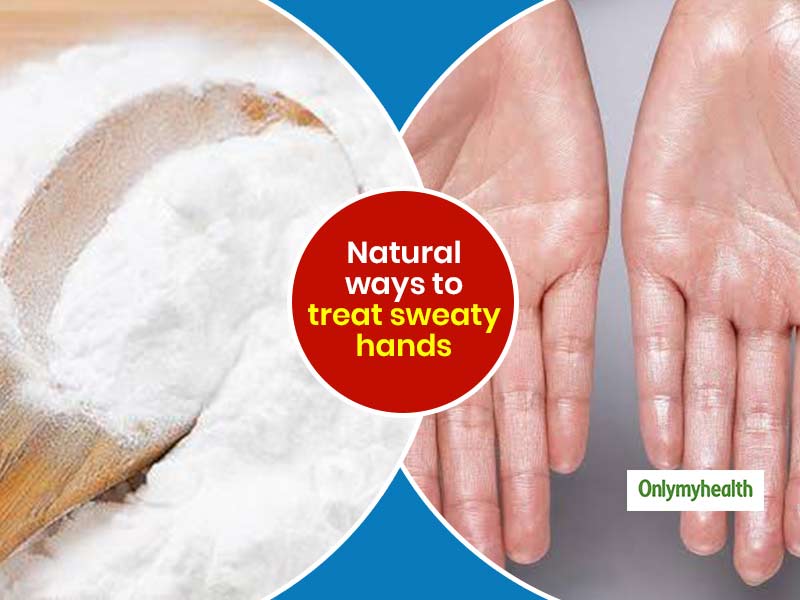Dermatology Tips and Treatments for Hyperhydrosis of Hands: Ingenious Solutions
Dermatology Tips and Treatments for Hyperhydrosis of Hands: Ingenious Solutions
Blog Article
Recognizing the Origin of Excessive Sweating and Its Influence On Daily Life
Extreme sweating, likewise referred to as hyperhidrosis, is a problem that influences a substantial portion of the population, yet its hidden causes and effects on everyday working stay somewhat enigmatic. While it is commonly comprehended as a physiological reaction to control body temperature level, the triggers for excessive sweating can vary widely among people, encompassing not just physical aspects but mental and additionally psychological components. In addition, the impact of this problem extends past mere pain, often affecting social communications and general high quality of life. By diving right into the root creates of hyperhidrosis and exploring its complex results, a deeper understanding of this prevalent problem can be acquired, clarifying the complexities that people grappling with extreme sweating navigate on a daily basis.
Physiology of Sweat Glands
The law of sweat production, a crucial physical procedure, is mostly regulated by the task of sweat glands dispersed throughout the human body. Sweat glands are categorized into 2 main types: eccrine and apocrine glands. Eccrine glands are the most many and are found in virtually all locations of the body. They play a crucial duty in thermoregulation by secreting a watery fluid onto the skin's surface area, which assists and vaporizes cool down the body down. In contrast, apocrine glands are concentrated in areas abundant in hair roots, such as the armpits and groin, and their secretions are thicker and milky in appearance.
When the body temperature rises, either as a result of exercise, heats, or psychological tension, the anxious system causes the gland to generate sweat. This sweat is composed mostly of water and electrolytes like sodium and chloride. The process of sweat manufacturing is important for preserving the body's inner temperature within a narrow, optimum range, highlighting the essential duty gland play in human physiology.
Triggers for Excessive Sweating
In comprehending the source of too much sweating, it is crucial to determine the triggers that can lead to this physical action. Too much sweating, also referred to as hyperhidrosis, can be prompted by different factors, both ecological and physiological. One typical trigger is emotional tension or stress and anxiety, which can boost the body's gland to create more sweat than is essential for cooling down. Physical effort, high temperatures, and spicy foods are additionally known to activate extreme sweating in people prone to this condition. Certain medical conditions like menopause, diabetic issues, or hyperthyroidism can contribute to excessive sweating as well.
Moreover, medications such as some antidepressants, opioids, and specific supplements can likewise function as triggers for hyperhidrosis. Comprehending these triggers is important in managing too much sweating effectively - Treatment for hyperhydrosis of hands. By recognizing and addressing the certain triggers that motivate excessive sweating in a specific, doctor can establish personalized therapy strategies to alleviate this condition and boost the person's lifestyle
Medical Issue Associated
Connected with too much sweating are different clinical conditions that can aggravate this physical response. One typical condition is hyperhidrosis, a disorder defined by unusually enhanced sweating that goes beyond the body's thermoregulatory demands. This can materialize in focal areas like the palms, soles, underarms, or face, affecting an individual's lifestyle because of social shame and discomfort.
Furthermore, endocrine problems such as hyperthyroidism, diabetic issues, and menopausal hot flashes can additionally cause too much sweating. Hyperthyroidism triggers an overproduction of thyroid hormones, accelerating metabolic rate and activating sweating. Diabetes mellitus can cause sweating episodes, specifically during hypoglycemic episodes when blood glucose levels go down as well reduced. Menopausal hot flashes, associated to hormonal changes Resources throughout menopause, can cause unexpected and extreme sweating, often come with by flushing and heart palpitations.
Additionally, infections like endocarditis, hiv, and consumption have been associated with night sweats, a common symptom known to interrupt sleep and impact total health. These clinical conditions highlight the varied array of underlying factors that can add to too much sweating, necessitating complete assessment and administration by healthcare professionals.
Psychological and Mental Aspects

Influence On Social Interactions
Extreme sweating can have extensive impacts on a person's ability to engage comfortably in social interactions. The visible indications of sweat spots or wet spots on apparel can lead to humiliation and self-consciousness, creating people to take out from social situations. This withdrawal can affect relationships, limit social tasks, and hinder professional and personal development.

Moreover, the stress and anxiety and self-esteem issues coming from extreme sweating can affect interaction and interpersonal skills. Individuals may battle to concentrate on conversations, take part in team activities, or express themselves confidently. This can bring about feelings of isolation and isolation, as social connections end up being challenging to keep.
Final Thought
While it is commonly comprehended as a physical action to manage body temperature, the triggers for excessive sweating can vary commonly among individuals, encompassing not just physical elements but likewise psychological and psychological elements. By delving right into the root causes of hyperhidrosis and discovering its multifaceted effects, a deeper understanding of this prevalent concern can be gotten, dropping light on the complexities that people grappling with excessive sweating navigate on a daily basis.
Physical exertion, high temperatures, and spicy foods are likewise known to set off too much sweating in individuals prone to this condition. By determining and attending to the certain triggers that prompt too much sweating in an individual, health care providers can develop individualized treatment plans to ease this problem and enhance the person's quality of life.
Too much sweating can have extensive results on a person's ability to involve comfortably in social communications.
Report this page